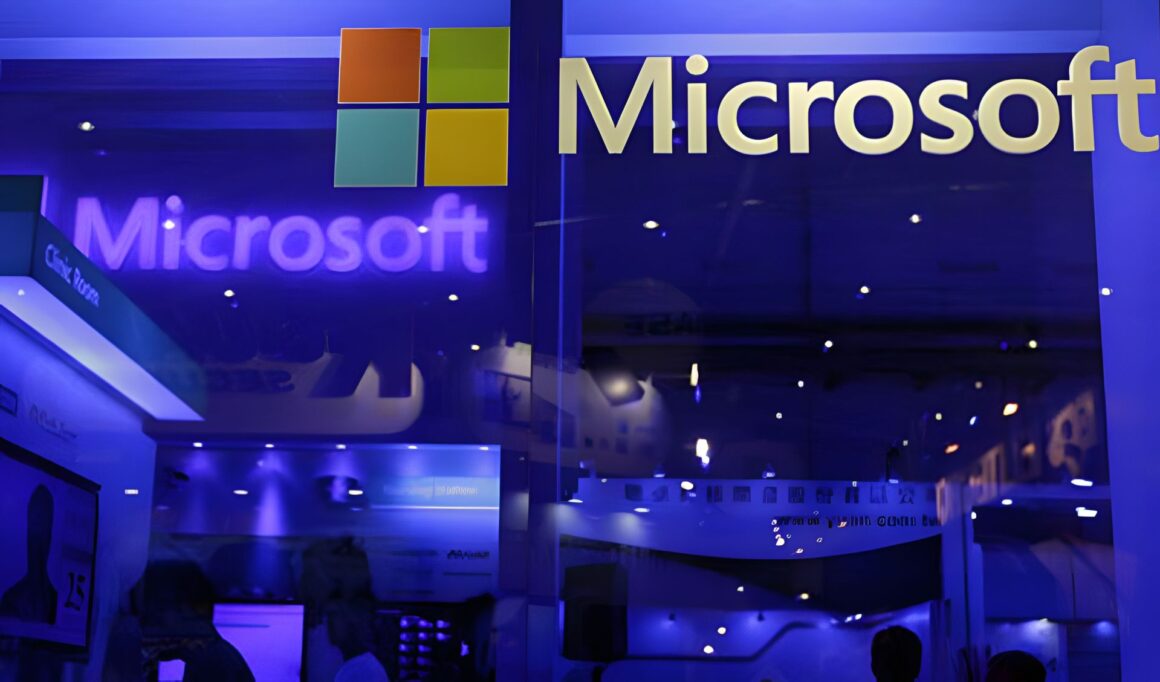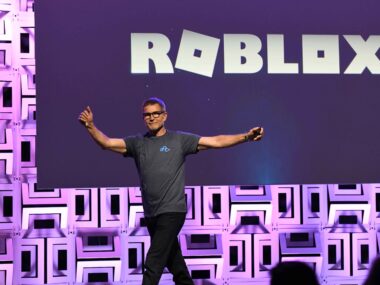Dare Obasanjo puts it bluntly:
“The main problem is that Microsoft is good at competing but not good at caring for customers… It’s just unfortunate that we have to be forced to do these things instead of doing them right the first time around.”
He’s not wrong.
Microsoft has a long history of reacting to competition rather than leading with customer-focused innovation. And that’s the deeper issue. Without a clear rival in sight, the company often stalls.
The Firefox Wake-Up Call
Take Internet Explorer as an example. Microsoft announces that IE7 will finally include tabs, a feature that should have been standard years ago. But it’s not a bold leap forward; it’s damage control. The only reason IE7 is shipping ahead of the long-delayed Longhorn is because Firefox started winning people over.
Millions have already made the switch. They didn’t wait around for Microsoft to improve. They left. And now Microsoft plays catch-up.
What Happened to the Passion?
I used to admire Microsoft. Years ago, you could hear the enthusiasm in their developers’ voices. You could feel it in the products. Microsoft, like any company, is only as good as its people. And at their best, they got it.
But something feels different now. Reading that IE7 tab announcement, I didn’t feel excited. I felt disappointed. Are developers stuck behind bottlenecks? Do they not realize how far behind IE6 has fallen? Or are they just not empowered to make the kind of leaps Firefox made?
If Microsoft wants Firefox users back, it needs to offer something better. But many of us aren’t looking to come back. We’re happy where we are.
Not Anti-Microsoft. Just Being Honest
This isn’t about hating Microsoft. When I saw the Xbox 360 reveal, I was genuinely excited. I saw games I couldn’t wait to play. I wasn’t swayed by specs. The PlayStation 3 is technically more powerful, but it should be. It launches six months later. Sony understands what’s at stake. They’re hungry. They get it.
Microsoft needs to get it too.
Competition Shouldn’t Be the Only Motivator
The most frustrating thing about Microsoft’s pattern is that it undermines the company’s true potential. This isn’t a lack of talent. It’s a lack of urgency when no rival is breathing down their neck.
If innovation only happens under pressure, the user experience suffers. Great companies anticipate needs. They don’t wait to be forced into action.
Microsoft has the resources, the talent, and the legacy to lead. But leadership means caring when no one is watching, not just when someone else takes the lead.
📌 Changelog
- May 24, 2025: Article re-written to narrow focus. Fixed broken links. Image upscaled for better quality.
- May 21, 2005: Original article posted.






